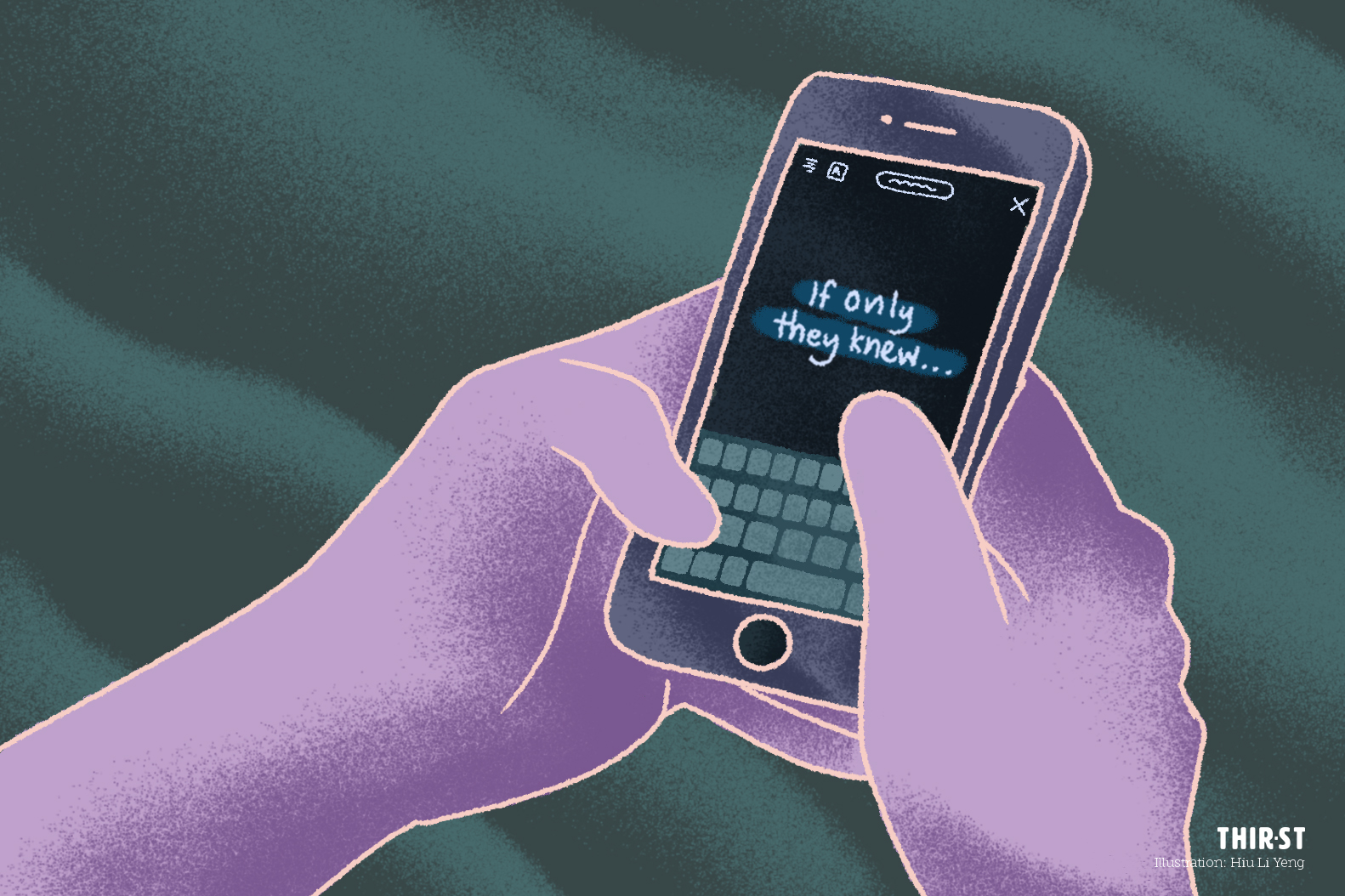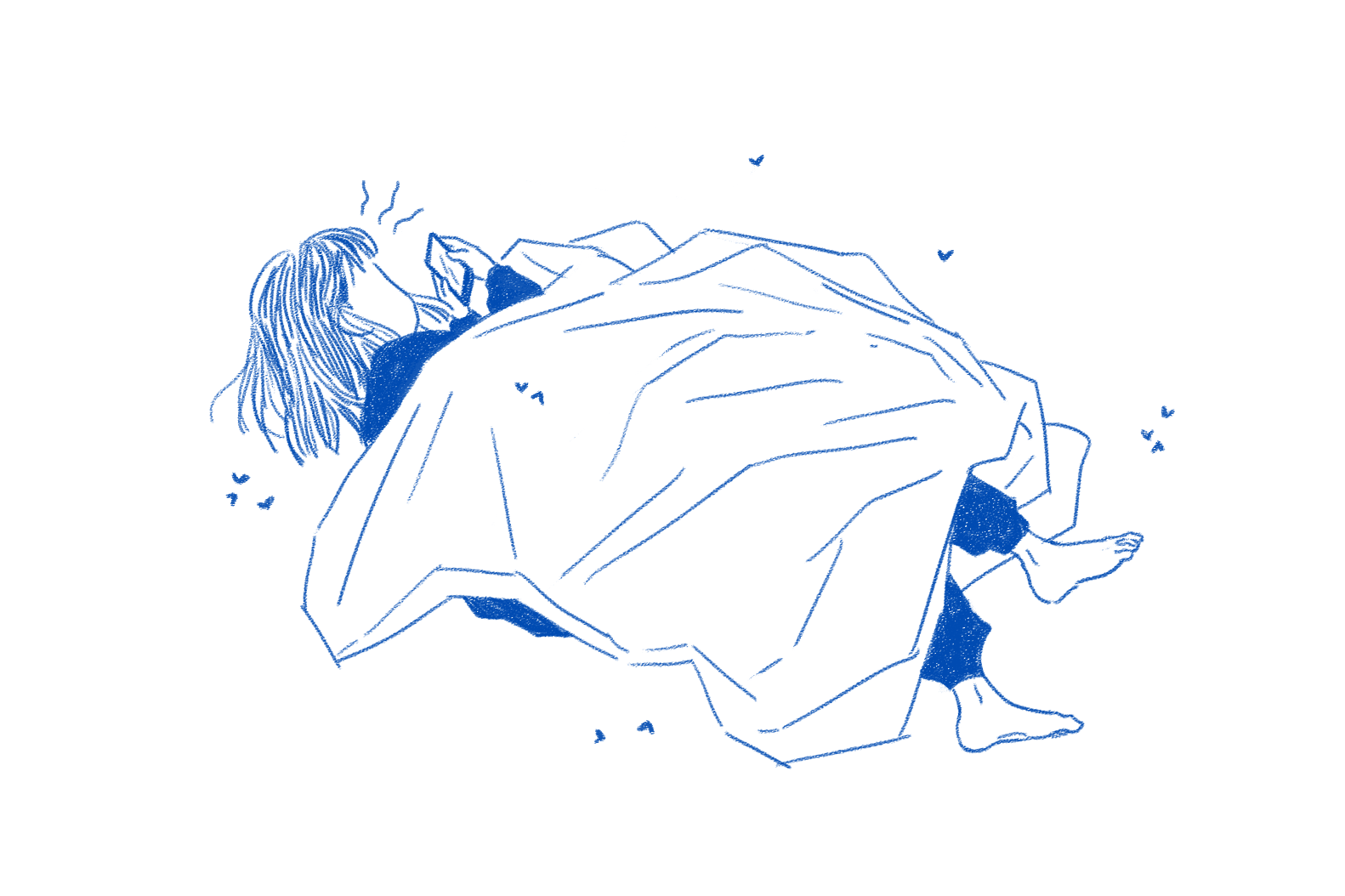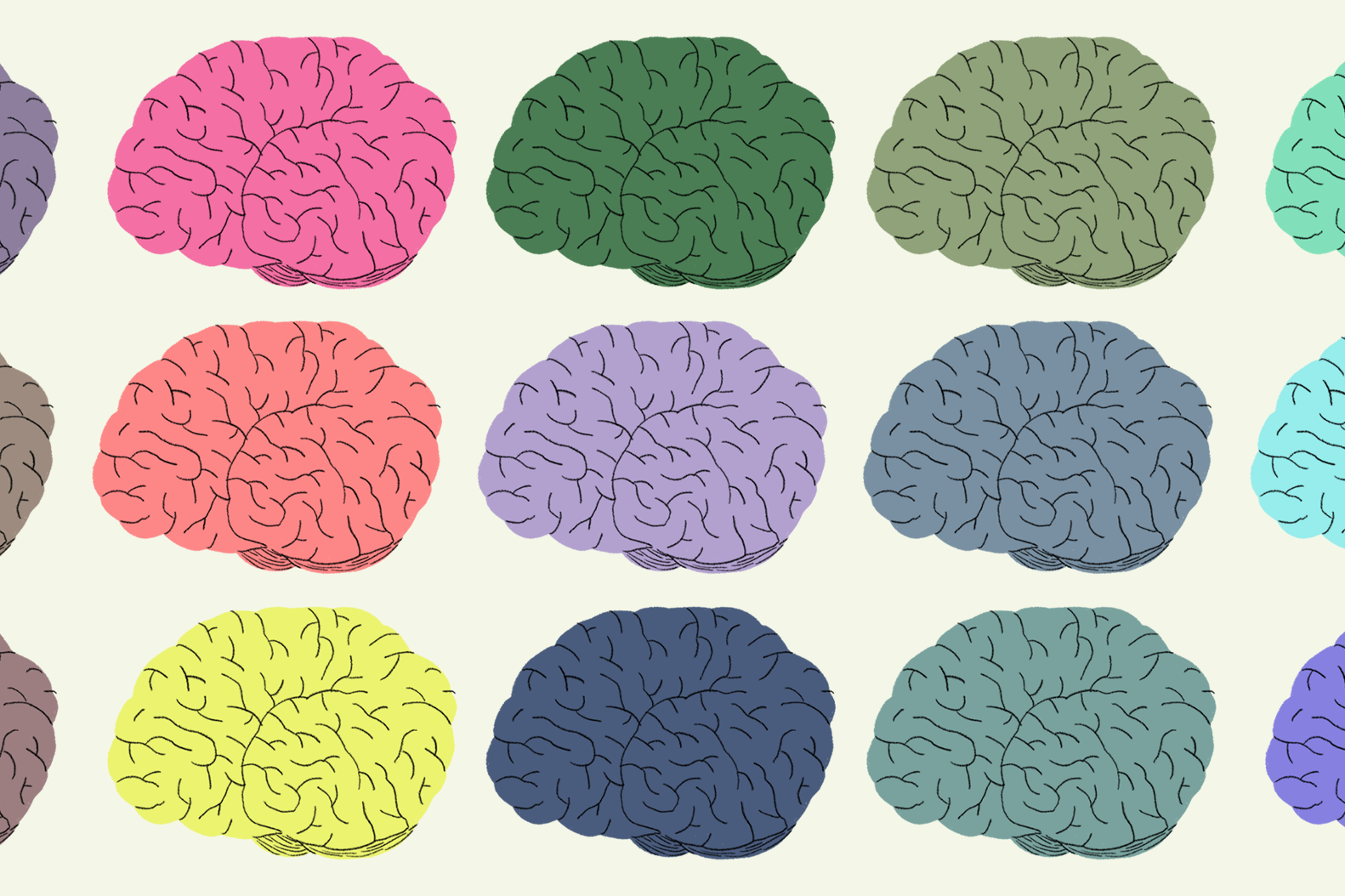“I used to think the worst thing in life was to end up all alone. It’s not. The worst thing in life is ending up with people that make you feel all alone.” – Robin Williams
The late actor who died from suicide didn’t actually say that in real life, but that was uncannily one of his lines in World’s Greatest Dad.
This quote was also mentioned at the Samaritans of Singapore’s (SOS) 50th anniversary conference last Thursday. And it really stuck because this same theme of isolation came up again at another session during the conference.
Top 50 TEDx speaker Mark Henick recounted how when he was suffering from depression and anxiety while growing up, he felt like everybody talked about him, but nobody talked to him.
SOCIAL MEDIA HAS BECOME UNSOCIAL
It all reminds me of a talk by Dan Peterson from RZIM earlier this year. We live in a time where our connectivity has never been higher, but yet our generation faces a loneliness epidemic.
While social media has been helpful in connecting us to people from all corners of the world – it has ironically also perpetuated the loneliness that many of us feel.
We can have thousands of followers or friends, and still end up feeling like no one truly knows us. After all, we open a window into parts of our lives that we want others to see – even curating the unsavoury bits of our life.
I’ll have to admit that technology is neutral: As with any other tool, it’s what you do with it that determines its effects.
But the reality is that because of the way these platforms are being used today, comparing our lives with someone else’s life has never been easier, breeding discontent, discouragement and, in the worst cases, despondency. These negative emotions are exacerbated when we attach validation to the number of likes or comments our posts attract.
It’s unsurprising then that some researchers have singled out social media use as one of the possible reasons for rising suicide rates.
In his opening remarks at SOS’ Unifying Communities, Strengthening Hope conference, National Development Minister Lawrence Wong pointed out that the increasing rates of depression and suicide among young people are worrying.
“Perhaps it is due to cyber-bullying on social media platforms, perhaps it is because social media plays a part in shaping their sense of self-worth, and it drives a certain fear of missing out,” said Wong, referring to FOMO and how it amplifies insecurity and inferiority.
THE DANGERS OF BEING A SOCIAL MEDIA GENERATION
I’d like to share four things I picked up from the conference after spending hours listening to the experts and voices from our generation.
1. We can become desensitised to cries for help
Have you ever seen someone baring their soul on social media and thought to yourself: Oh, it’s not surprising, he always does that? Or here she goes again, she’s ranting?
In Singapore, suicide is the leading cause of death among 10-29 year olds. For every suicide, there are an estimated 25 attempts.
What this means is that many of us are connected to suicide in some way – you might have either heard of a friend’s friend who died by suicide, or know someone who is suicidal or tried to take his/her own life.
Over the last few years, our news feeds have also been hit by the headlines of tragic celebrity suicides – Jonghyun, Chester Bennington, Kate Spade, Anthony Bourdain to name a few. These are people who have impacted our generation across many spheres, from music and entertainment to fashion and F&B.
Then there are popular shows that make suicides seem like something that just happens.
This worries psychiatrist Dr Daniel Fung, who said that the risk of suicides becoming romanticised is much higher with social media due to the pace at which stories can go viral.
“It’s the concept of copycat suicides,” explained Dr Fung, who is the Chairman, Medical Board of the Institute of the Mental Health. “When it seems so heroic, (some will think) why not, it will solve my problems.” It’s worse when these are celebrities that people look up to.
Suicide cannot become part and parcel of life. One life lost is one too many.
Even though we’re championing the need to break the stigma surrounding suicide, we need to be careful about normalising it. In short, let’s have more awareness, less apathy.
2. We’re too busy to notice warning signs
The question to ask ourselves is whether we’re too busy and preoccupied with our own lives that we end up missing telltale signs.
I’m not giving away any spoilers here, but I want to bring to your attention a new film SOS has just released. Premiering at the conference a few days ago, Another Day With Tim aims to start a conversation on suicides by addressing common kinds of situations that young people of today face.
“Do we really stop and pick up certain distress signs of anyone that we come across in our personal and professional lives?” asked Wong Lai Chun, SOS’ Head of Department for Partnership and Engagement at the panel discussion after the film was screened.
The fact is, on social media platforms where most people want to portray a positive image of themselves, hearing someone share that they’re not going through a good time actually does say a lot. It takes a lot of courage to appear weak, especially if it comes from a guy.
Another panellist Ryan Tan, conference chairperson and assistant manager at SOS, said his life was changed when a friend died by suicide.
“If you see your friends posting certain messages on social media, we can be the ones to reach out. We don’t need for them to keep reaching out for help… especially for males,” he shared.
“You can do something. That’s the message that I think more people should know. Your actions can mean the world to someone.
3. We don’t know what to do
It’s true: Having attended a number of talks recently, I learnt that you really don’t need to be a professional to help.
We might not come forward because we’re scared, we don’t know how to start the conversation or we wonder if we’re planting the idea of suicide in their heads. And this gives way to the bystander effect, where we hope someone who is more qualified than us will respond.
But one of the most helpful things we can do is just to listen. Don’t be quick to offer advice. Give people the space to talk about their pain, and not rush to shut them down.
SOS’ Wong said: “When somebody wants to talk to us about something that’s disturbing them, instead of just asking them: ‘Oh cheer up, you can make it, you’ve always come so far, it’s okay’… just pause and really honestly listen to that person. Not just the content of what the person is saying, but to the emotions behind what this person is trying to express.
“And to assure that them that it’s okay…because it’s okay not to be okay. It doesn’t reflect any weaknesses in ourselves at all because we are human, that’s it.”
Terisha Tan, one of the scriptwriters for Another Day With Tim, added that as a young person, we value being heard by our friends more than any validation from parents, teachers or other adults in our lives.
“So we need to as a community, start looking out for each other, fellow young people, more,” she emphasised.
4. We’re seeking support from the wrong place
I want to end off with addressing the person who may be going through a hard time.
If you’re feeling lonely and/or depressed, instead of posting a status update, why not text or call someone or, even better, ask someone out for a chat?
Social media offers a convenient channel to broadcast your thoughts to a mass audience, but it’s also ephemeral.
Algorithms in play mean that not all of your friends will get to see your post, while people who are scrolling through their feed are often doing it to get a quick update – which means they might not be in the right frame of mind to pause and reflect on what you’re really saying.
What I’m saying is: Social media may not be the best place to find emotional support.
Consider investing your time to talk to someone instead. And if you feel like you have no one to turn to, there’s always SOS’ 24-hour hotline (1800 221 4444) or [email protected] if you prefer to pen down your thoughts.
No one should have to struggle alone. It’s important to remember that we all need human connection and engagement, even the most introverted of us.
As Dr Fung put in: “Relationships are the core to meaning and purpose in life. We are social creatures.”

“Lost and alone. There’s no more hope. It’ll never get better. This is the end.”
These are just some thoughts that race through the mind of someone who is suicidal.
It’s my hope that we’ll hear fewer instances of people wanting to end their lives as we take the effort to care and be a friend to those around us. No one is too insignificant to do something today.
Even if I don’t manage to stop every suicidal person from dying, I want to know that I died trying.
- What are your thoughts on suicide? Do you know someone who has died from suicide?
- What do you think are some telltale signs of someone who is suicidal?
- Do you know how to talk to someone who appears suicidal?









